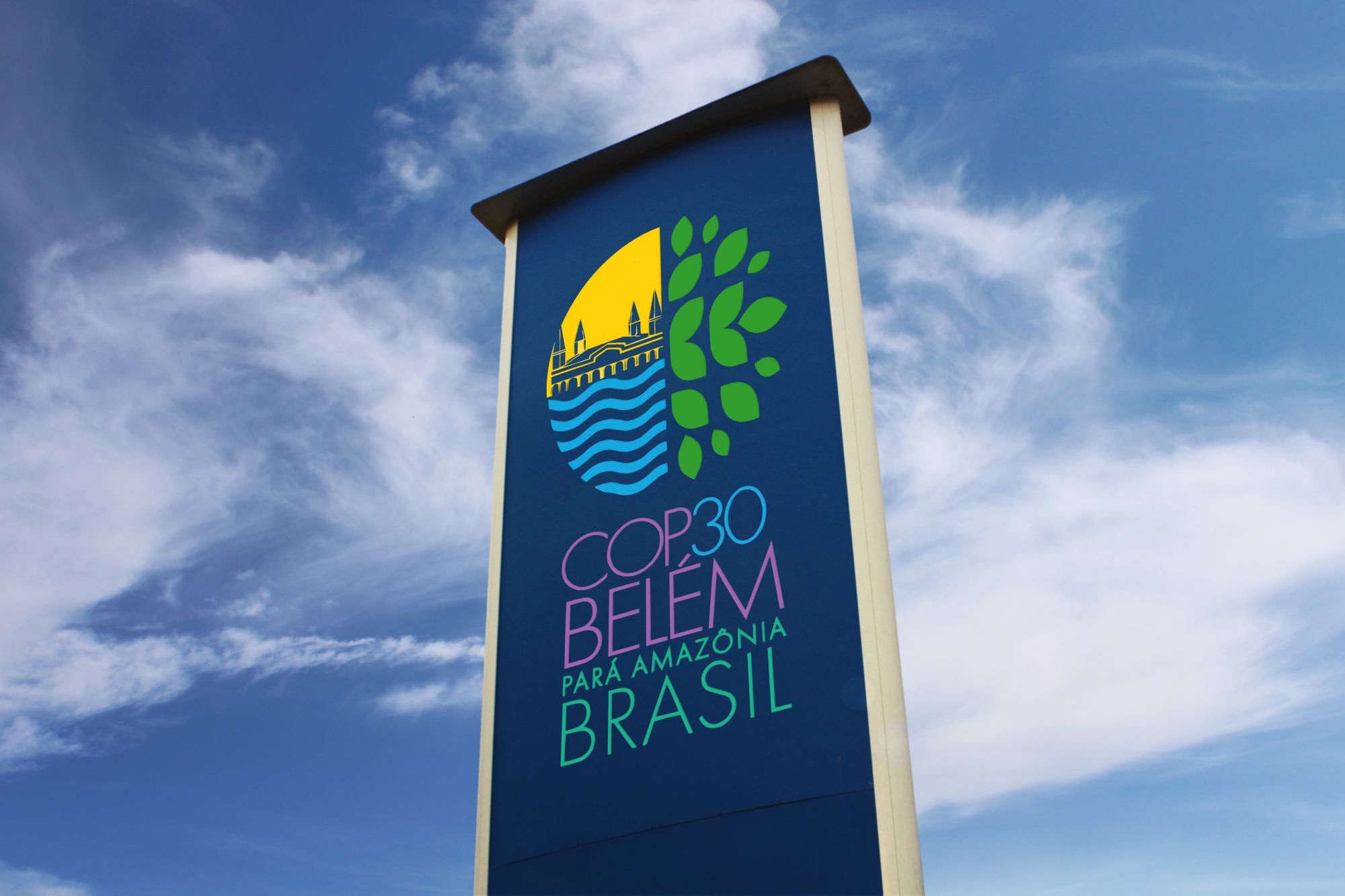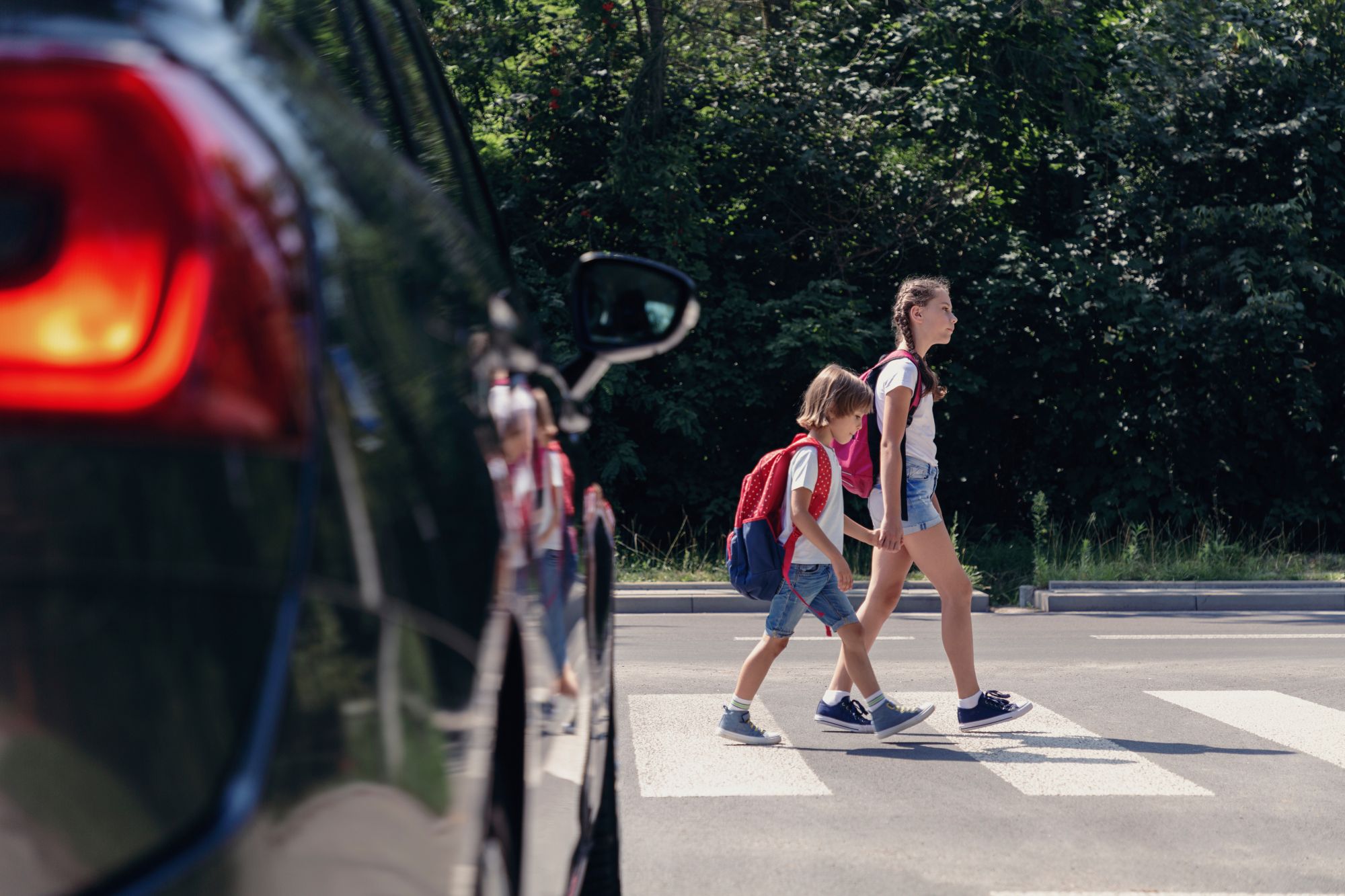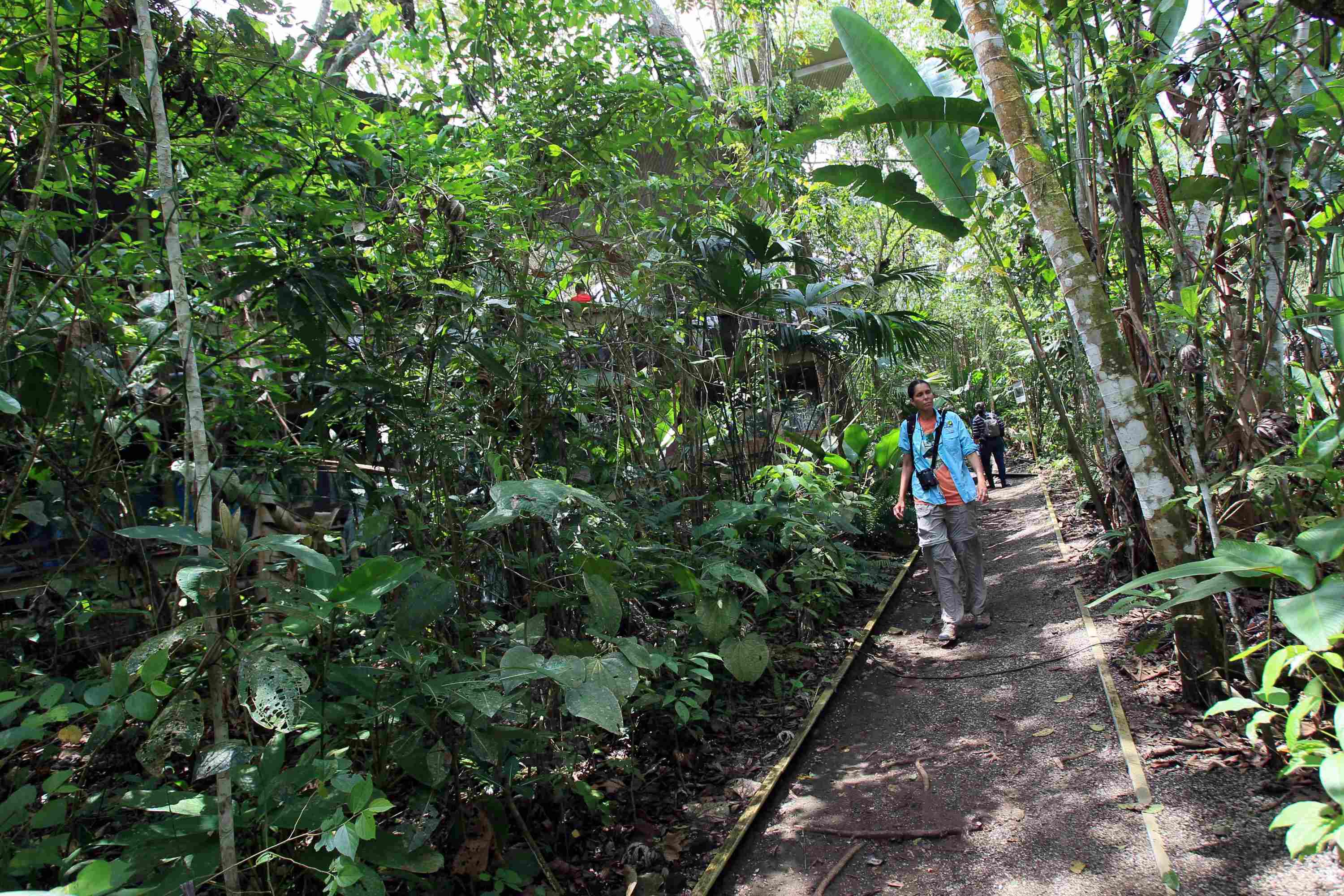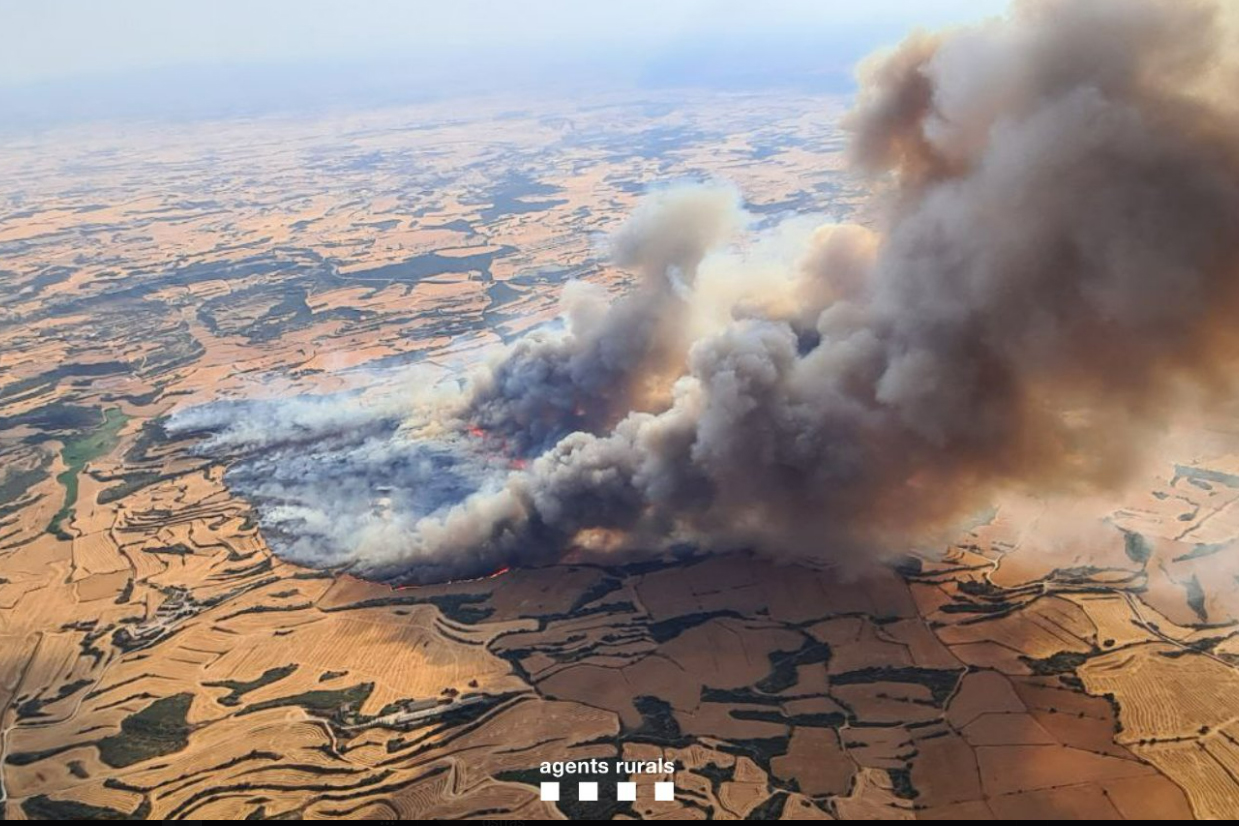Questions and answers about the use of melatonin
A few days ago, research published in JAMA Network Open showed that, although the use of melatonin in children is growing, its effectiveness and long-term effects are unknown. It is important to note that there are several types of melatonin, with or without a prescription, and their effects also differ in children and adults.









